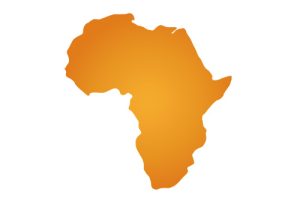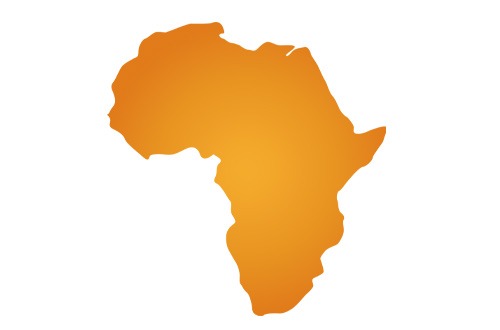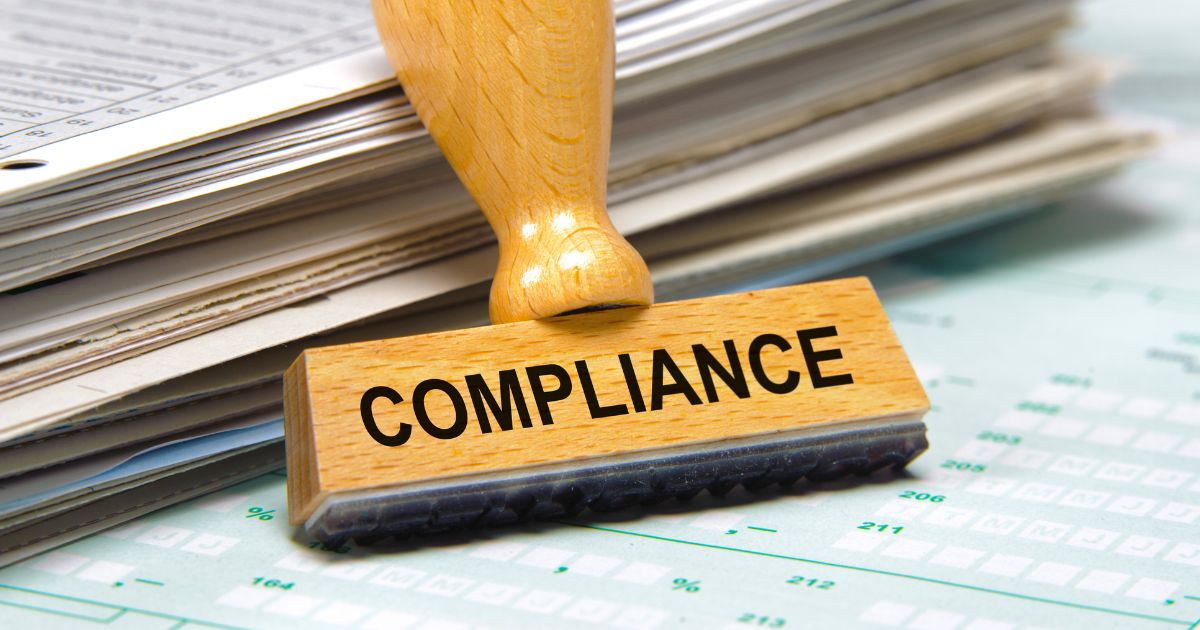
A new breed of ‘solar-preneurs‘ is emerging in Africa, who are finding innovative solutions to the shortage of sustainable and affordable energy supply, and generating revenue at the same time.
A recent BBC report profiled how these innovative African entrepreneurs are meeting the continent’s energy challenge.
The energy problem is most acute in East Africa, where only 23% of Kenyans; 10.8% of Rwandans; and 14.8% of Tanzanians have access to an electricity supply, according to the World Bank.
In South Africa, electricity supplier Eskom continues to roll out power cuts in many areas with huge implications for both households and businesses. The lack of power undermines the economic potential of industries, and thus adversely affect the economies of countries.
The ‘Solar-preneurs‘
Given the inefficiencies and high costs associated with alternative power sources, solar has proven hugely popular in places where it has been available.
Here are the innovative ways that solar-preneurs are supplying power to the continent.
1. Juabar, Tanzania
Juabar operates a network of solar charging kiosks in rural areas by using a high quality 50W solar-PV system, charging either 10 or 20 phones or a variation of other small electronic devices at once.
“Solar is a valuable source of distributed energy,” said Sachi DeCou, co-founder of Juabar in the BBC interview. “In many places in sub-Saharan Africa, populations are quite dispersed. Solar is modular so it can be sized to fit the needs of anywhere, from a light to a business, household to an entire village”.
2. M-Kopa Solar, Kenya, Uganda and Tanzania
This solar startup provides pay-as-you-go renewable energy to off-grid, low-income customers.
”With more than 20 million homes off the grid, this means over $3bn is spent each year on these inefficient and unsafe energy substitutes,” Jesse Moore, managing director at M-Kopa Solar told the BBC. “Solar is a massive opportunity for entrepreneurs and investors alike”.
3. ARED’s Mobile Solar Kiosk, Rwanda
ARED provides a one-stop shop destination for mobile users. The solar-powered charging station offers low-cost mobile phone charging and mobile money transfers, as well as mobile phone, electronic airtime sales and in a near future WIFI hotspot location.
“Opportunities to create solar businesses in Africa are “huge”, but as yet, they only exist at the micro level,” said ARED founder, Henri Nyakarundi, in the interview. “The next step is to move to the macro level – producing power for the grid through solar.”






